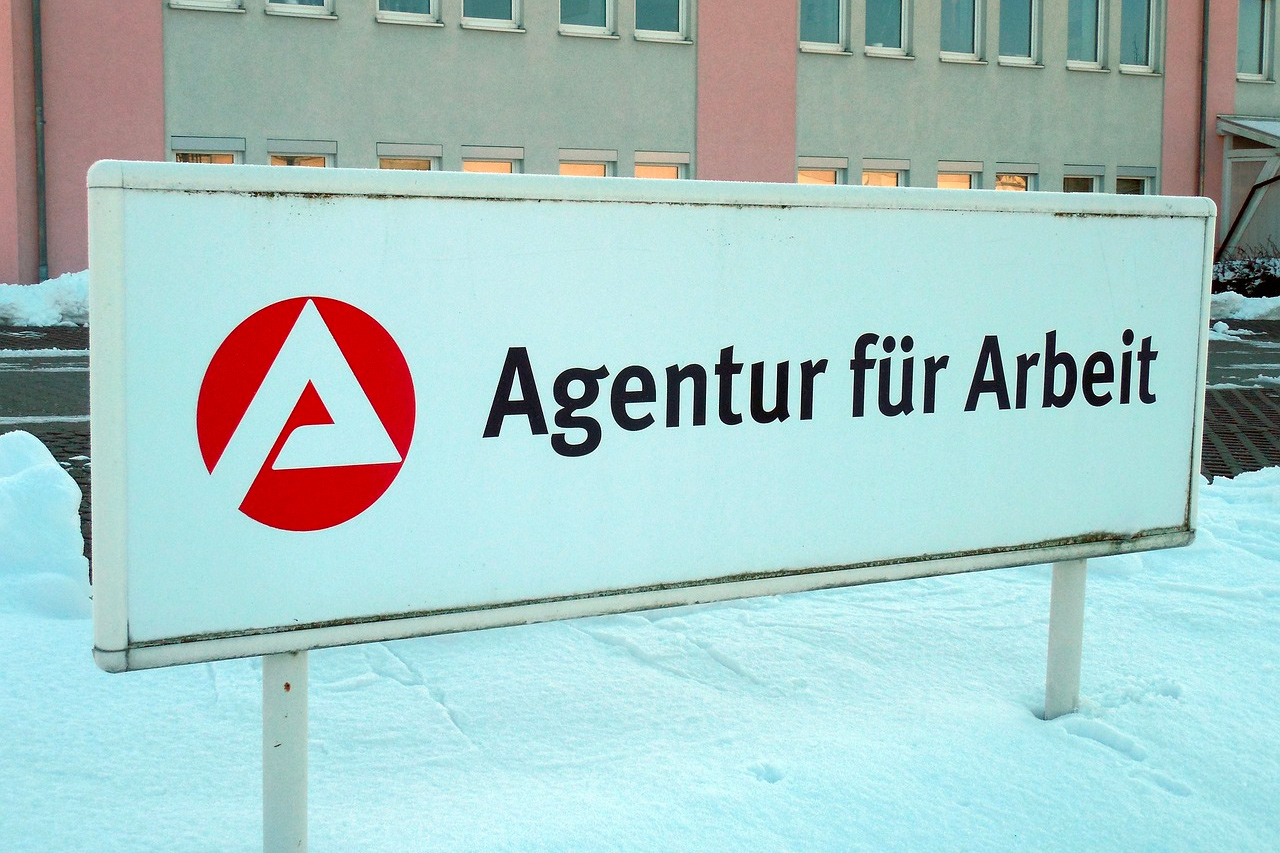Germany has long struggled with an aging population and a growing labor shortage in a variety of fields, including industry, hospitality, health care, and construction. Recently, though, the Covid epidemic has made matters worse.
(As a matter of fact, the POEA-Government Placement Branch is currently hiring 100 Registered Nurses bound to Germany: POEA-GBP is hiring 100 Registered Nurses bound to Germany)
Read: Skilled workers are up for deployment in Germany – DOLE
With an estimated two million open jobs in Germany, German businesses are finding it difficult to fill positions as the labor shortage worsens, according to an employer group.
As per ABS-CBN news report, the vacancies, according to Achim Dercks, head of the German Chamber of Commerce and Industry (DIHK), “resulted in a loss of 100 billion euros ($108 billion) in potential value creation.”
Read: Contract of Service and Job Order government employees to receive a maximum of P5,000 gratuity pay
Based on the report, the researchers surveyed 22,000 German businesses, and they discovered that 50% of them are having trouble hiring employees.
In contrast to the high demand for skilled labor, 58 percent of industrial sector enterprises report a labor shortage.
Read: Gov’t employees to receive P20k service incentive and one-time rice allowance
Machine tools (67 percent) and the automobile industry (65 percent), two industries that serve as a symbol of Germany’s economic power, have both experienced difficulties hiring new employees, according to two-thirds of businesses.
The DIHK called for changes in labor regulations to address the problem, including easier hiring of foreign workers, a reduction in bureaucracy, more employment of older workers, and improved work-life balance to draw and keep staff.
Read: Nurses residency offered by New Zealand: Here’s what you need to know
“The energy crisis and supply chain problems are not the only risk factors for deindustrialisation for Germany. Recruitment problems as well (are a factor),” Dercks said.
For non-Europeans who have lately immigrated to Germany, particularly Ukrainians, the DIHK urged for “facilitating labor-based immigration.”
Read: Gov’t workers to get another salary increase next year
The German government has outlined a plan to change visa regulations in order to draw in foreign labor, with a September estimate of the skilled worker deficit in Germany being about 240,000.
Meanwhile, last November, the ruling coalition in Germany decided to adopt a points-based system that was modeled after the one used in Canada.
Read: LTO, MMDA, and LGUs plan Single Ticketing System in NCR in 2023
Source: ABS-CBN News


How to applu